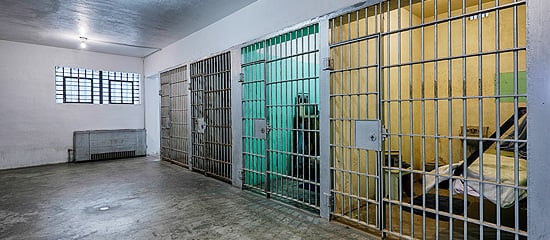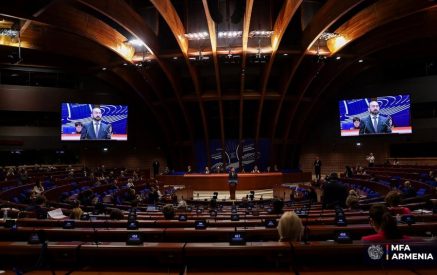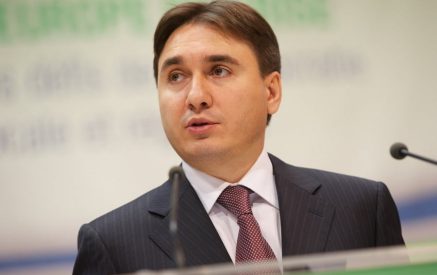Children whose parents have been sentenced to death or executed face trauma, and an “emotional and psychological burden” which can violate their rights, PACE’s Committee on Legal Affairs and Human Rights has pointed out.
In a statement to mark the 17th World Day against the Death Penalty (10 October 2019), the committee said such children – who are often forgotten and socially disadvantaged – could face separation from their parents, for example due to heightened security around a parent on death row, discrimination and even inhuman or degrading treatment. They could lose their right to information, education and health.
The committee pointed out that in 2018 at least 19,000 people were sentenced to death in over 50 countries, resulting in at least 690 executions – including in countries which co-operate with the Council of Europe.
The committee appealed to these states – the US, Israel, Japan, Jordan, Kazakhstan, Morocco and the Palestinian Authority – as well as Belarus to introduce a moratorium on the death penalty and ultimately abolish it in law. In any case, they should give paramount importance to “the best interests of the child” when sentencing a parent to death, the parliamentarians said.
Read also
PACE
























































